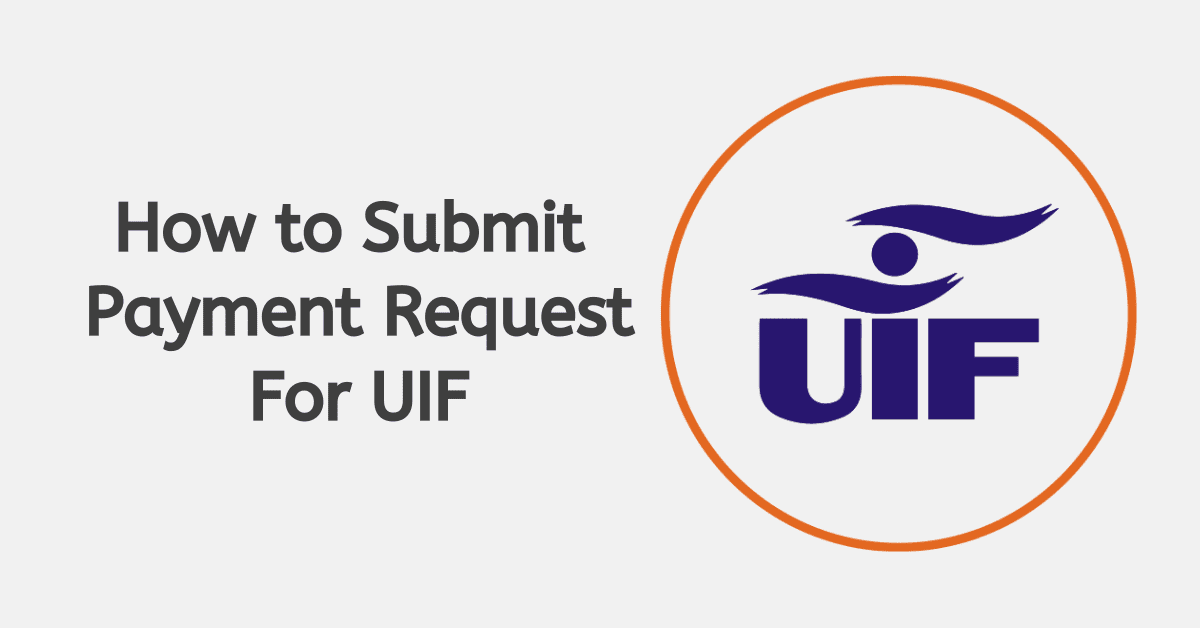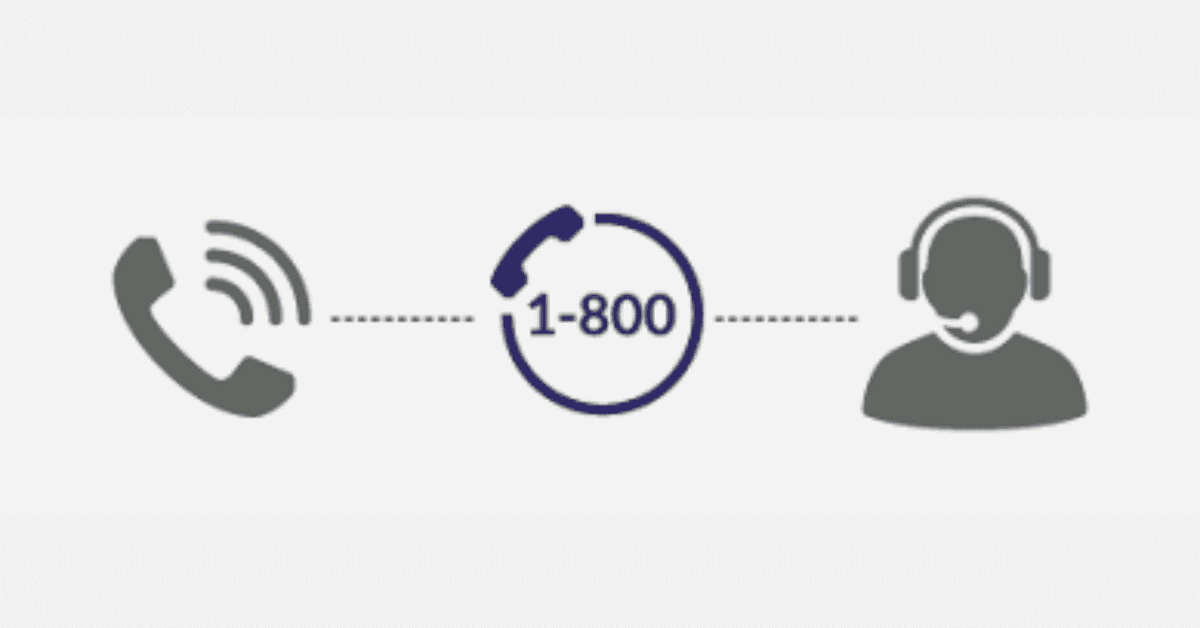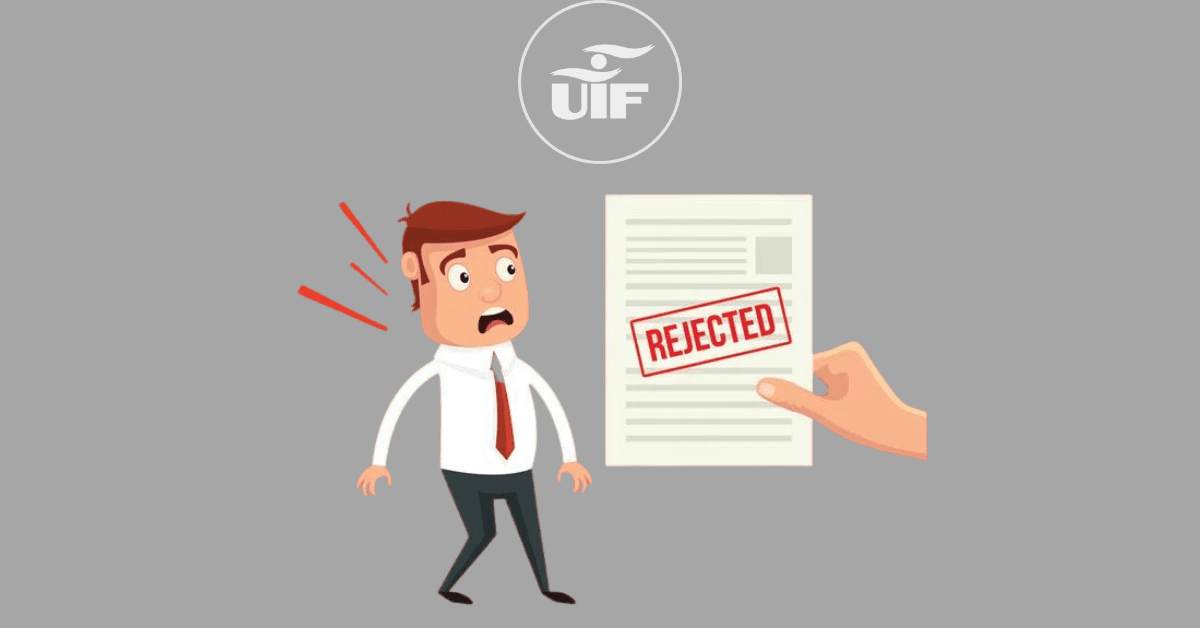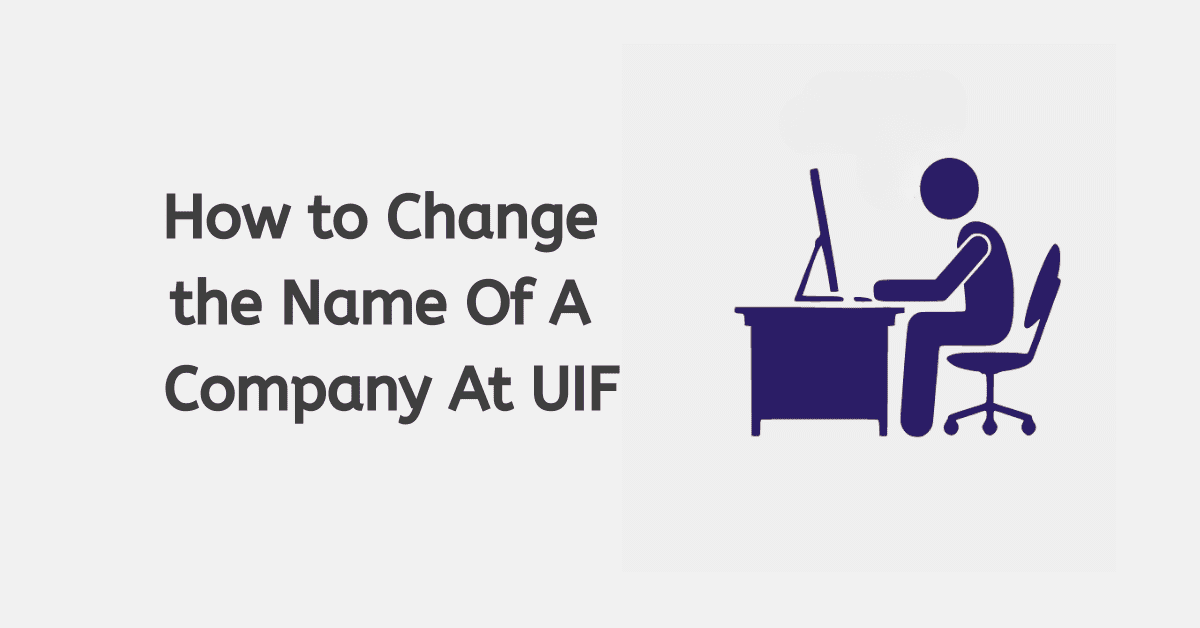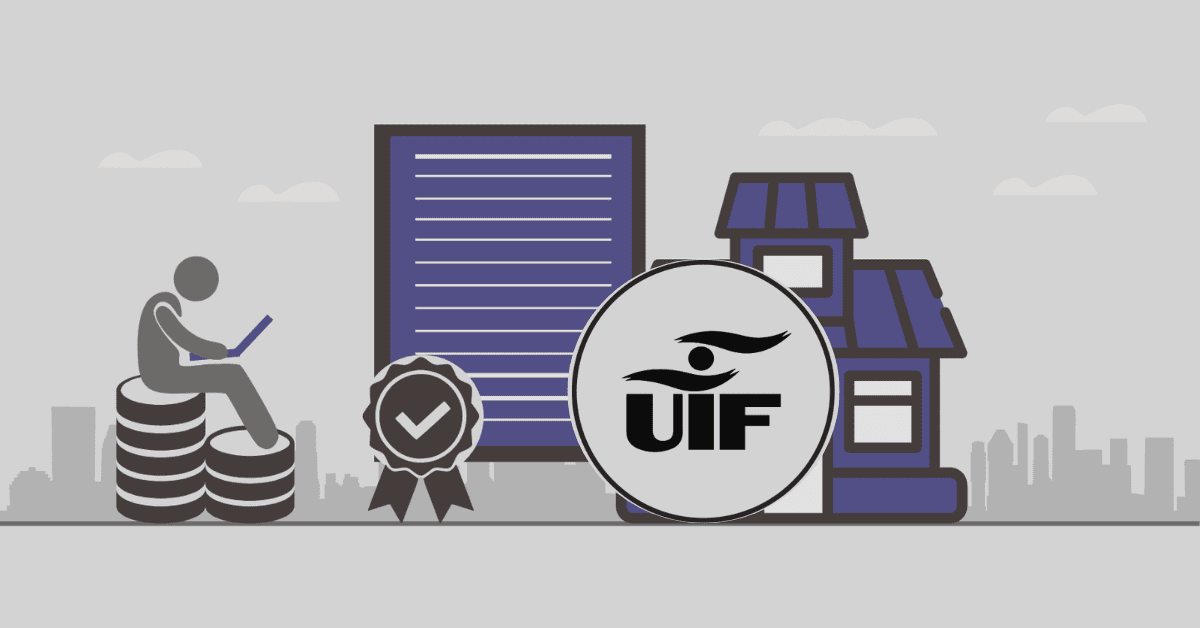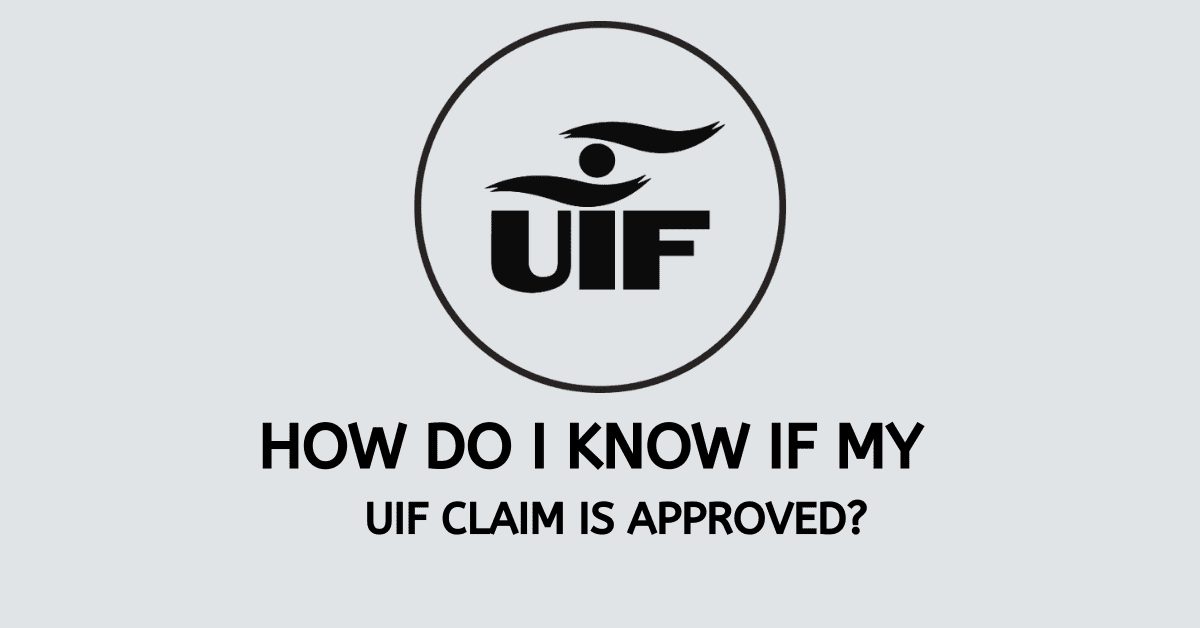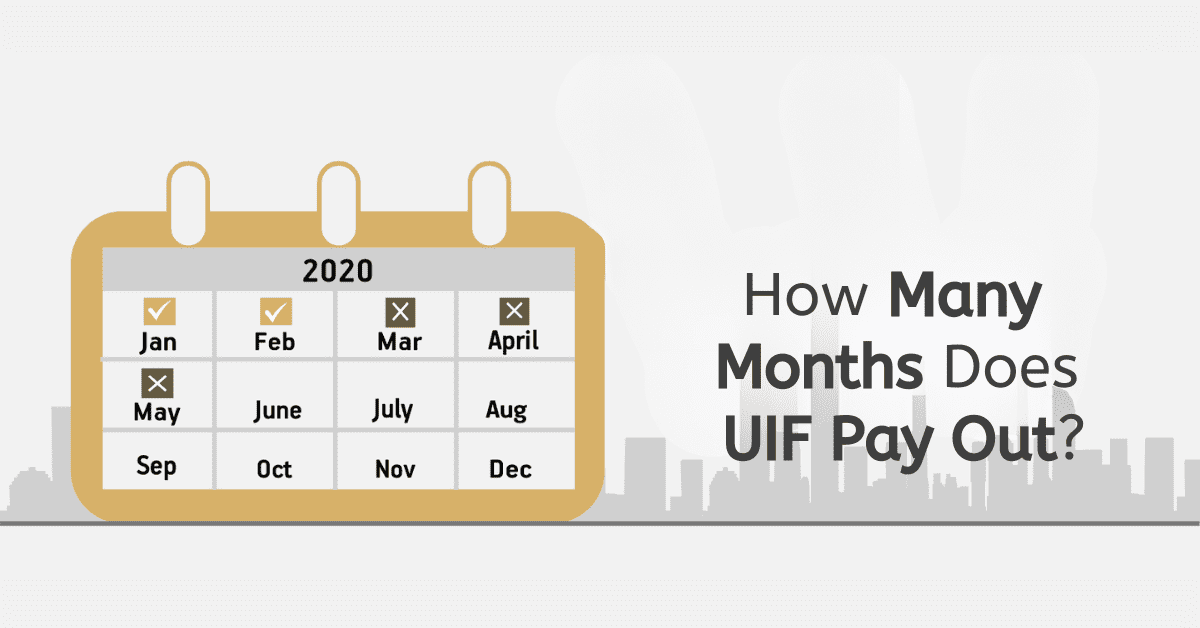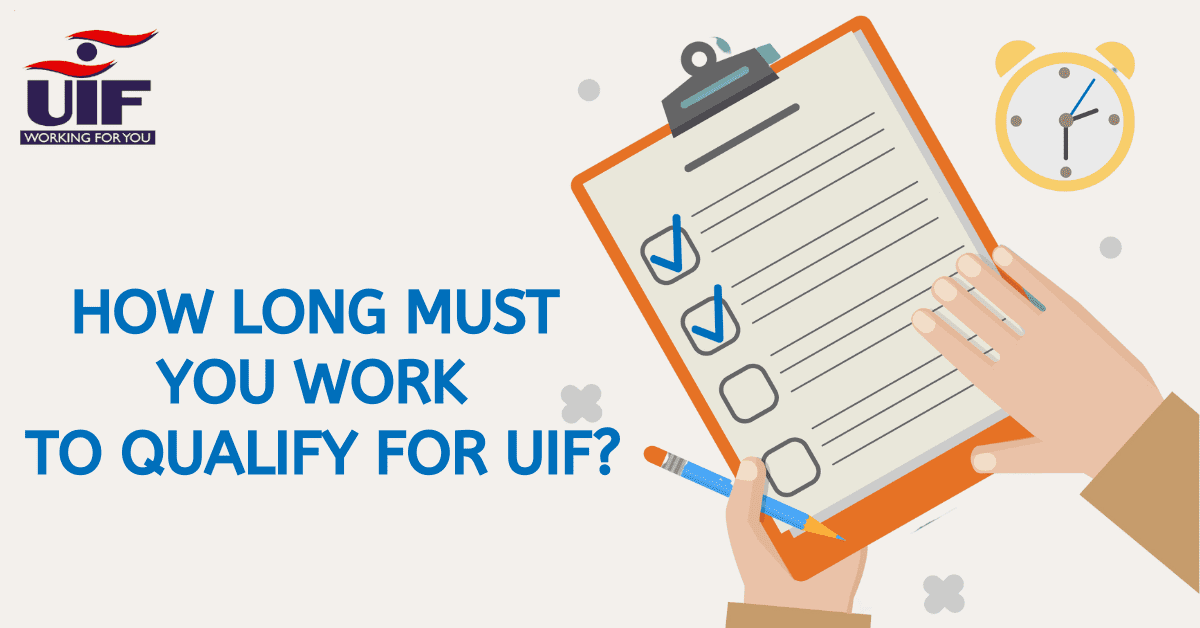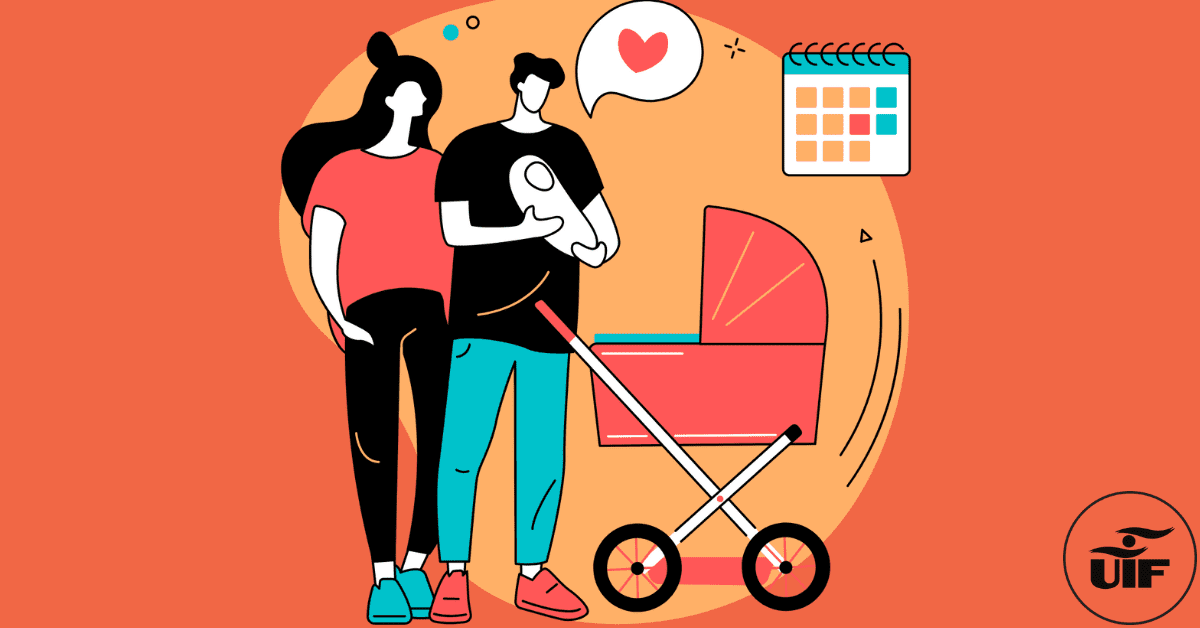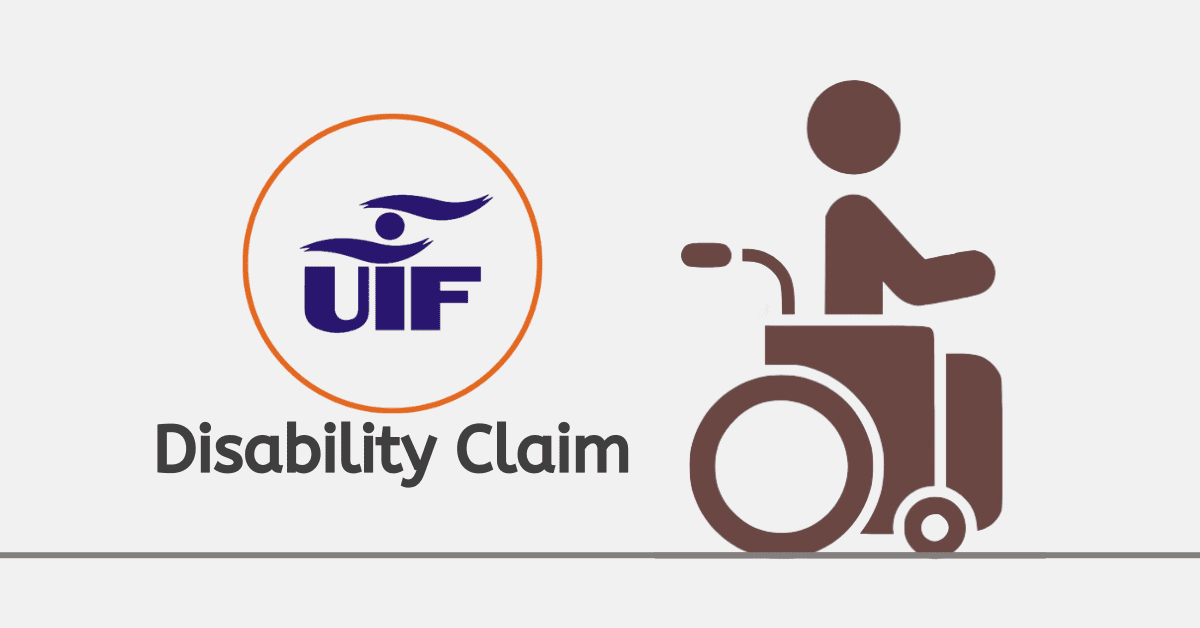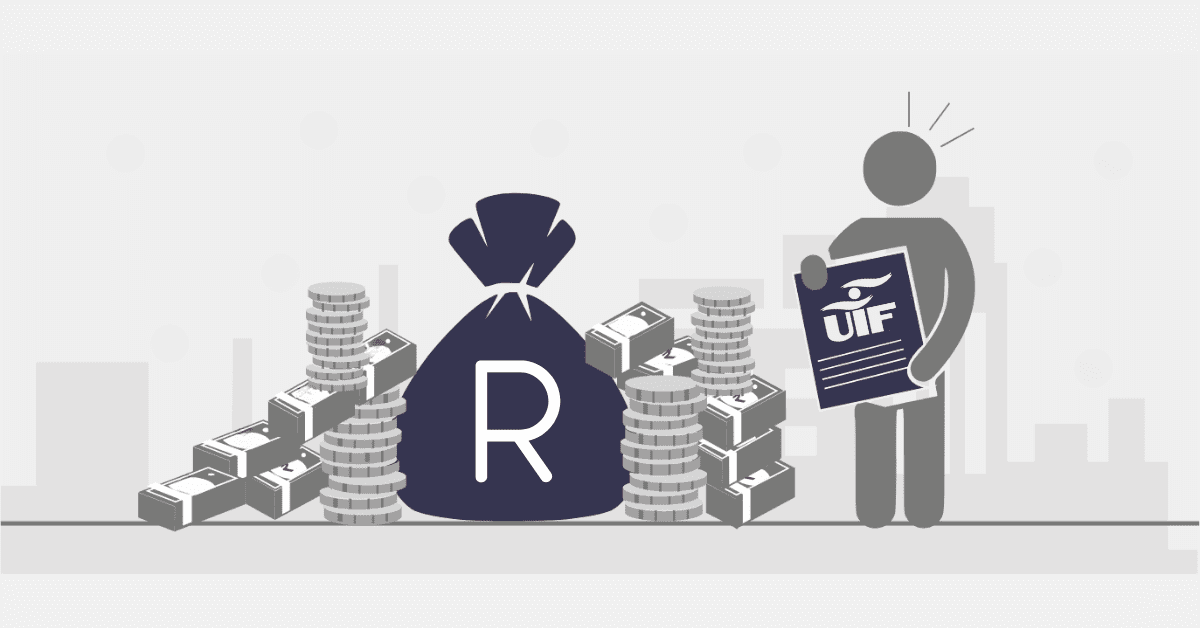If you’re making a claim from the Unemployment Insurance Fund, the chances are strong that you have lost your source of employment unexpectedly. So knowing how long it will take to process your UIF application, and when you can expect to receive your first payment, is of critical importance. Luckily, there’s a lot you can do to try and reduce the time your claim takes and ensure you get paid as soon as possible- and today we are walking you through it.
How Long Does a UIF Application Take To Be Processed?
The UIF tries to process applications as efficiently as possible, but the time a UIF application takes to be processed will depend on a wealth of factors, not all of which you can control. A complete and uncomplicated UIF unemployment claim can be processed in as little as 15 days, and the UIF actually claims a 5 day turnaround for maternity benefits. Realistically, however, it will take a lot longer. You should rather expect it to take at least a month, up to two months. Sadly, for some people, it takes up to a year, so file your claim as early as possible.
We also encourage you to stay on top of the claims process and make enquiries if it seems to be stalled. It’s not unknown for applications to simply ‘drop out’ of the system when there’s no real reason for the delay, so your own due diligence will help ensure your claim continues through the process properly.
What affects the time it takes? We look at this in greater detail below, but it boils down to the time third-parties take to respond, how many UIF applications the fund is processing, and certain errors or omissions on your side.
How Do You Know If Your UIF Is Approved?
The easiest way to know if your UIF claim is approved is via your uFiling portal. Through the uFiling portal, you can check the status of your UIF application and view any updates or notifications related to your claim. You can log in using your self-created username and password to access your account.
If your application is approved, you can also expect to receive formal communication from the UIF. This is typically via email or SMS to the address and number you provided, as the SA postal system is unreliable. This should also provide details about the amount and duration of the benefits you will receive.
If you haven’t received any communication regarding the status of your UIF application or if you have specific inquiries, you can contact the UIF directly. You can reach out to their call center, use their email channels, or visit a local UIF office. Don’t forget your reference number, documents, and personal details to make this as smooth as possible.
Why Is My UIF Claim Taking So Long?
There are several reasons why your UIF claim is taking a long time, not all of which you can control. These include the volume of applications at the time you apply and how effectively your ex-employer has been processing their UIF payments to the fund. You also have no control over how long third-party checks with entities like the Department of Home Affairs (for your identity) and your bank (for your bank account details and salary proofs) will take.
However, many claims are significantly delayed by factors you can control. The most common delay to UIF claim processing is poorly completed forms, inaccurate information, and missing supporting documents. A little care and diligence will ensure you don’t hit these issues.
We also recommend that all working people who are eligible to pay into the UIF fund ensure that their employer is, in fact, paying over their money every month before you need it. It’s not unknown for companies to deduct UIF on your payslip, but fail to pay it over timeously, and this will impact your claim processing time, too. You will need to sort this out before your claim can be considered, and it can be a long and frustrating one, especially if your old employer is uncooperative.
Additionally, it pays to be certain that your details on-file with the Department of Home Affairs match the information and ID copy you provide. If you are a married or divorced woman, have legally changed your name or marital status at any point, or use a ‘call name’ that isn’t the same as your ID document, it can cause delays on your identity verification.
The easiest way to ensure a smooth UIF claim is to use the UFiling portal and stay on top of any flags applied to your account, so you can address the matter as timeously as possible.
Why Would My UIF Claim Be Rejected?
There are several reasons why a UIF claim might be rejected. Here are some of the most common reasons:
- Ineligibility: The UIF has specific eligibility criteria that must be met to qualify for benefits. If you do not meet the eligibility requirements, your claim will be rejected. For example, if you voluntarily resigned from your job or if you were dismissed for gross misconduct, you are not eligible
- Insufficient Contributions: To qualify for UIF benefits, you must have made enough contributions to the UIF. If your contributions are too little or if there are discrepancies, your claim will be rejected.
- Incomplete or Inaccurate Information, or Discrepancies: It is crucial to provide all required information and supporting documents accurately and ensure that all fields are properly filled out. Make sure you provide all asked-for supporting documents for your claim, in a common file format (jpg/pdf) and without password locks. If the information you provided does not match up with that on government databases and other third-parties, it will also cause a delay or rejection.
- Late Submission: UIF claims should be submitted within a certain timeframe (typically 6 months after the event). If you fail to submit your claim within this period it may be rejected, although you can sometimes appeal this if there are extenuating circumstances for the delay.
If your UIF claim is rejected, you will receive communication from the UIF explaining the reasons for the rejection. Pay attention to this letter, and take steps to address any issues outlined. If you feel your claim was wrongly rejected, you can appeal it or seek further assistance and clarity from the UIF.

